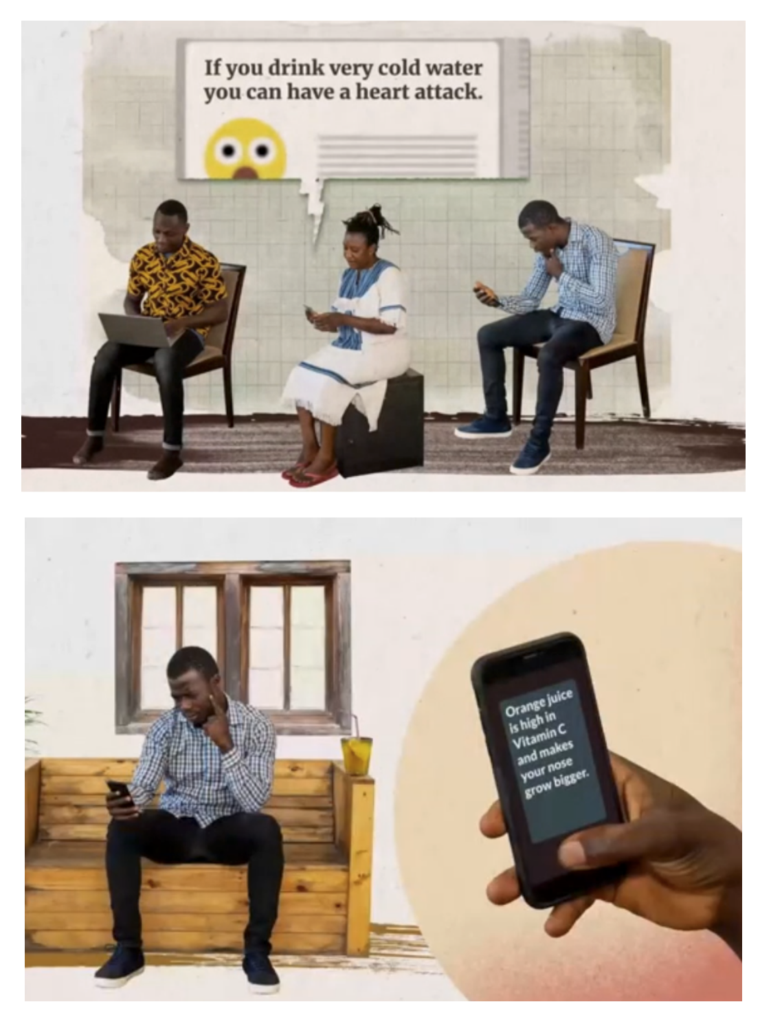Mercury Project Findings: Knowledge Versus Skills
Over the course of the past three years, the Social Science Research Council’s Mercury Project has supported 18 research teams around the globe in evaluating interventions designed to increase vaccination and other evidence-based health behaviors. We are excited to now present the many policy-relevant and actionable insights from their projects.
The Mercury Project team leading the Knowledge Versus Skills experiment studied the relative effectiveness of two scalable public health efforts targeted at combating the spread of inaccurate health information in Sierra Leone.
The Problem
Many public health efforts focus on increasing knowledge about vaccines, assuming that a stronger understanding of how vaccines work will help individuals identify and reject inaccurate information about vaccine use. An alternative approach, drawn from media literacy interventions, focuses on teaching people general strategies for assessing the credibility of information–such as recognizing unreliable sources or emotionally manipulative language–without emphasizing specific factual knowledge. While both approaches have shown promise in different contexts, it remains unclear which is more effective at improving vaccine information discernment and whether either leads to sustained changes in belief accuracy, information-sharing behavior, or health decisions.
The Mercury Project team leading the Knowledge Versus Skills project directly tested these two approaches in Sierra Leone, where social media plays a dominant role in communication, to assess their relative impact. Researchers conducted a lab-in-the-field experiment with 1,818 participants in Freetown, Sierra Leone to evaluate two approaches to strengthening information discernment: building domain-specific vaccine knowledge (“Vaccine Knowledge”) and teaching heuristics for evaluating content credibility (“Information Skills”).
The Intervention
Participants were randomly assigned to one of three training conditions.
- Vaccine Knowledge, which provided information on how vaccines work, their safety, and the necessity of full dosage schedules;
- Information Skills, which taught participants to recognize misleading health-based content on the basis of emotional language, fake experts, a mix of true and false information, and unverified sources;
- Control group, which received training on handwashing.
The interventions were developed in collaboration with Development Media International (DMI), an organization with extensive experience delivering media campaigns in low-income settings. Researchers conducted focus groups using storyboards to assess comprehension, engagement, and relevance. All videos were produced with local actors and adapted to the linguistic and cultural context of the target population. The final interventions were delivered through short video-based sessions accompanied by reinforcement questions.

Outcomes were measured immediately after the training and one month later. Participants rated the accuracy of vaccine-related headlines and factual statements, allowing researchers to evaluate improvements in discernment across content types. They also completed two behavioral tasks: a learning exercise testing whether participants updated beliefs after reviewing both true and false information, and a sharing task where participants could choose to share true and false vaccine news with other participants from their community.
The Effects
Both interventions improved participants’ ability to identify false vaccine-related headlines. At midline, both arms increased accurate discernment by 12% with similar effects when measured one month later. The Vaccine Knowledge training improved accuracy only for content directly covered, while the Information Skills training led to broader gains across health topics.
Participants also became more selective in what they were willing to share. In the Information Skills group, sharing discernment—the difference between the portion of true versus false headlines shared—increased by 32%. Importantly, neither intervention reduced the sharing of true content.
The study also tested whether better discernment leads to more accurate belief formation when participants encounter new information. Participants answered questions about HPV vaccine safety and efficacy either before or after viewing real headlines containing both accurate and false claims. Overall, despite improvements in discernment, the interventions did not reliably improve belief accuracy in response to new information.
Both domain-specific knowledge and general misinformation detection skills reduce susceptibility to false information, but they do so through different pathways. The Information Skills intervention led to broader improvements across health topics, while the Vaccine Knowledge intervention offered more targeted protection on topics directly covered in the training The interventions were brief and scalable, and their effects on discernment persisted for at least one month, suggesting that even short trainings can shift how people evaluate health information.

